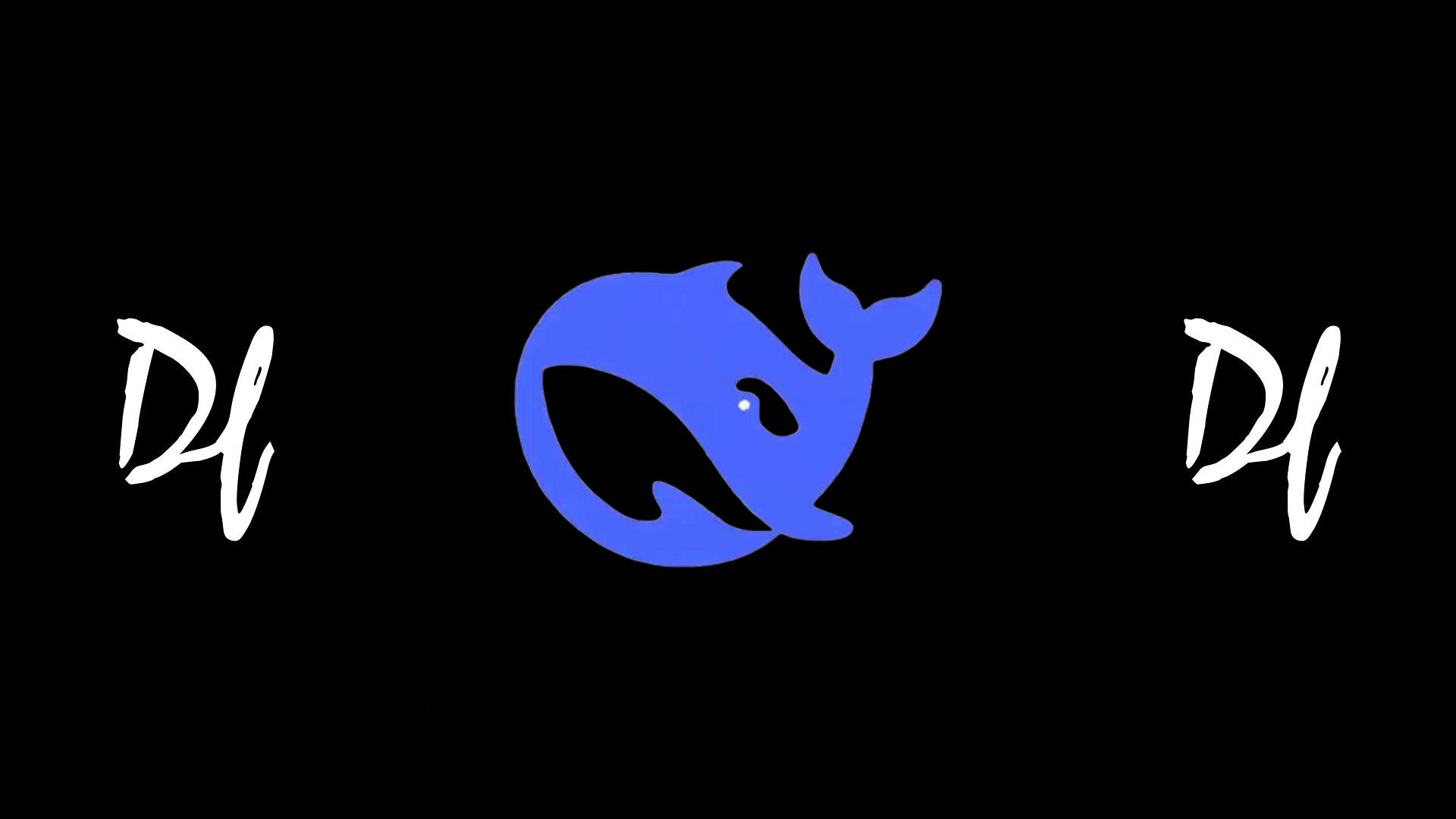Chinese AI Chatbot DeepSeek: A Dangerous AI Trojan Horse?

In recent years, China has made waves in the AI industry by releasing powerful open-source AI models. Its latest chatbot, DeepSeek, is no exception. On the surface, it may appear to be an impressive contribution to the global AI community. However, a closer look reveals the potential dangers behind this seemingly generous offering.
Not So Innocent Generosity
The Chinese approach to releasing high-quality AI models for free might initially seem altruistic. But it’s far from innocent. China raises the stakes with every new model, pushing the boundaries of what open-source AI can achieve. The availability of such powerful tools at little or no cost will send shockwaves through the global tech industry—especially in the U.S., where American AI giants like OpenAI, Anthropic, Google, and Grok By X are trying to stay ahead in the race.
Why would China release these advanced models for free? Because the implications go far beyond mere technological competition.
A Massive Data Vacuum
At its core, AI is about data. And DeepSeek, like any chatbot, thrives on user interaction. Every question asked, and every preference shared feeds directly into an expansive database of human behavior.
Imagine millions of users worldwide interacting with an AI like DeepSeek. They’re essentially handing over critical data, such as their likes, dislikes, habits, preferences, etc.
Unlike AI models operating in countries bound by GDPR or cookie consent laws, these Chinese models operate in a regulatory gray zone, free from scrutiny or accountability.
This isn’t just a tool—it’s a potential global surveillance system. (Just like TikTok)
The Economic Weaponization of AI
Another critical factor is the economics of AI. China’s strategy isn’t just about collecting data; it’s also about dominating the AI market. By releasing models at a fraction of the cost of competitors like OpenAI’s ChatGPT, Chinese companies are creating an environment where Western AI companies struggle to compete.
The choice for businesses and developers is obvious: why pay premium prices for AI services when a comparable or even superior tool is free? Over time, this could kill American AI businesses, making them unprofitable and unsustainable.
How Will the U.S. Respond?
The U.S. government and its AI companies face a tough decision. If China continues to undercut the market while offering increasingly sophisticated models, American companies could be forced out of the industry entirely. At some point, the U.S. may be left with no choice but to take drastic measures:
- Ban Access to Chinese AI Models: This could be incredibly difficult, especially since open-source tools are hard to regulate.
- Government-Subsidized AI: Could the U.S. government fund AI development and reduce the prices of tools like GPT-4? A semi-governmental AI service may become the only viable way to compete.
Either way, the rise of Chinese AI models will force America to rethink its AI development and regulation approach.
Some users will inevitably choose to self-host their models even with open-source AI to avoid sending data back to China. However, this is a limited defense. The overwhelming majority of users and businesses will gravitate toward the cheaper, hosted options offered by Chinese companies—especially when they provide cloud infrastructure and support at a fraction of the cost.
Ultimately, the sheer adoption scale will still give China a competitive edge.
Want to host AI for cheap? Check Out IMS - Cloud
A Global AI Reckoning
The release of tools like DeepSeek raises uncomfortable questions about the future of AI. Is the world heading toward a bifurcated AI ecosystem, with Western models competing against Chinese ones? Will governments need to intervene to protect their own AI industries? And at what cost?
One thing is clear: AI is not just about technology. It’s about power, influence, and control. The rise of Chinese AI like DeepSeek should be a wake-up call—not just for America, but for the world.
While AI promises to reshape the world, its evolution is a double-edged sword.
As we marvel at the power of tools like DeepSeek, we must also ask:
Who controls them, and to what end?